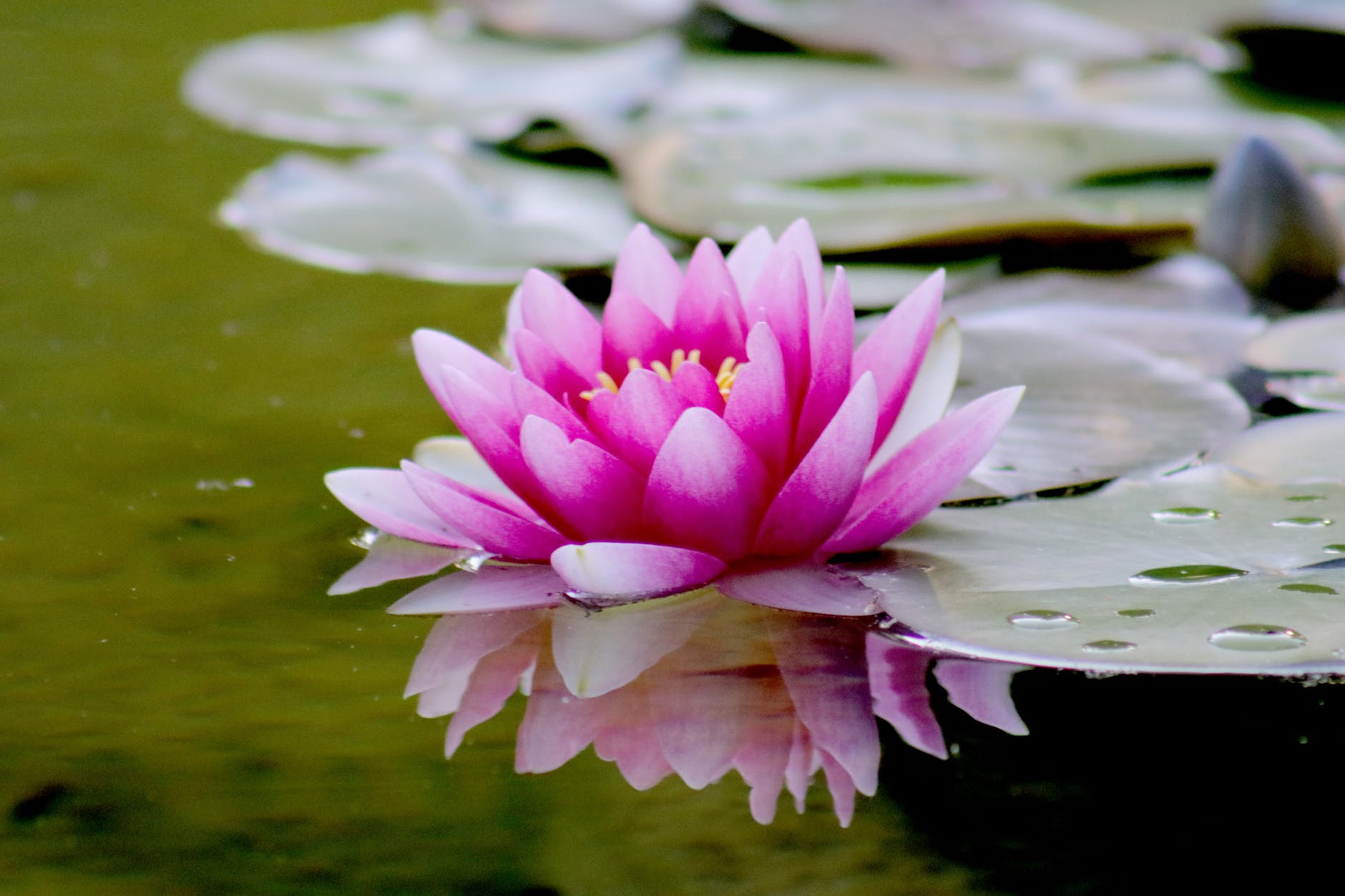Lotus flowers, known for their stunning beauty and cultural significance, play a vital role in aquatic ecosystems. These magnificent blooms not only captivate the human eye but also contribute to the health of their surrounding environment. The question arises: what do lotus flowers filter from water? Understanding this aspect of lotus flowers reveals their importance in maintaining water quality and ecological balance.
As these flowers thrive in muddy waters, they have developed unique adaptations that allow them to filter and purify their environment. This ability to cleanse water is essential for the survival of various aquatic species and the overall health of wetland ecosystems. In this article, we will explore the intriguing functions of lotus flowers, their filtration processes, and the benefits they provide to both nature and humanity.
Join us as we delve deeper into the world of lotus flowers and uncover the secrets behind their filtration capabilities. Through this journey, we will not only answer the question of what do lotus flowers filter from water but also appreciate the beauty and importance of these remarkable plants in our ecosystem.
What Is the Role of Lotus Flowers in Aquatic Ecosystems?
Lotus flowers are more than just pretty plants; they serve as a crucial component of aquatic ecosystems. Here are some key roles they play:
- Providing habitat for aquatic life
- Stabilizing sediment in water bodies
- Producing oxygen through photosynthesis
- Filtering pollutants and improving water quality
How Do Lotus Flowers Filter Water?
Lotus flowers employ various mechanisms to filter water, enhancing their environment in several ways. Their unique root structures and large leaves contribute to this process:
- Roots absorb nutrients and harmful substances from the water.
- The large leaves provide shade, reducing algae growth.
- Filtration occurs through natural processes, breaking down contaminants.
What Do Lotus Flowers Filter from Water?
The primary contaminants that lotus flowers help filter from water include:
- Nutrients such as nitrogen and phosphorus, which can lead to algal blooms.
- Heavy metals and toxins that accumulate in aquatic environments.
- Organic matter and sediments that cloud water clarity.
Can Lotus Flowers Improve Water Quality?
Yes, lotus flowers can significantly improve water quality. By filtering out pollutants, they contribute to a more balanced ecosystem. Their presence can lead to:
- Reduced nutrient levels in water bodies.
- Enhanced clarity and quality of water.
- Support for diverse aquatic species.
What Are the Benefits of Lotus Flowers for Human Activity?
Beyond their ecological contributions, lotus flowers also provide several benefits for human activities:
- They are used in traditional medicine for various ailments.
- Lotus seeds are a nutritious food source.
- They are culturally significant in many regions, symbolizing purity and enlightenment.
How Do Lotus Flowers Adapt to Their Environment?
Lotus flowers have developed several adaptations to thrive in their aquatic environment:
- Floating leaves that prevent waterlogging.
- Deep root systems that anchor them in the sediment.
- Ability to tolerate varying water levels and temperatures.
Why Are Lotus Flowers Important to Biodiversity?
The presence of lotus flowers is vital for maintaining biodiversity in aquatic habitats. They provide shelter and food for numerous species, including:
- Fish and amphibians that rely on their roots and foliage.
- Insects that contribute to pollination.
- Birds that use the flowers for nesting materials.
What Can We Learn from Lotus Flowers About Sustainability?
Lotus flowers exemplify the principles of sustainability. Their natural filtration capabilities serve as a model for human approaches to water management and pollution control:
- Emphasizing the importance of preserving natural ecosystems.
- Encouraging the use of natural methods for pollution remediation.
- Highlighting the interconnectedness of all living organisms.
In conclusion, the question of what do lotus flowers filter from water reveals their extraordinary role in enhancing aquatic ecosystems and supporting biodiversity. By understanding their filtration processes and the benefits they provide, we can better appreciate these beautiful flowers and advocate for the preservation of their habitats. As we strive for a sustainable future, let us learn from nature and take inspiration from the lotus flower’s resilience and adaptability.
Also Read
La Guía Completa: Como Destapar Un Baño De Forma EfectivaExploring The Relationship: Was Usher And Alicia Keys Together?
Taking Flight: The Allure Of The "Can We Pretend That Airplanes In The Night Sky" Meme
Unleashing The Power: How Much Horsepower Is A Supra?
Unveiling The Secrets Of Iron Flame Bonus Chapters
Article Recommendations
- Actor Rapper Common
- Sunset Motel
- Where Is Future From
- Henry Cho Comedian Wife
- Ina Garten Chicken Soup Recipe
- Astrological Sign For October 4
- Shine On Harvey Moon
- Sep 19 Zodiac
- What Do Pumpkins Grow On
- Chris Berman Home




